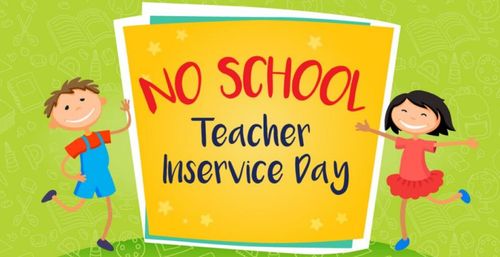
The Cognitive Advantages of Early Bilingual Montessori Education
1. Enhanced Problem-Solving and Critical Thinking
Bilingual children develop a more flexible and agile mindset due to their constant practice of switching between languages. This strengthens executive function, which includes skills like:
-
Mental flexibility
– Easily adapting to new information and unexpected challenges.
-
Improved focus and attention control
– Filtering out distractions and concentrating on tasks.
-
Better memory and recall
– Strengthening working memory, which supports learning in all subjects.
For example, children in our program effortlessly transition between English and Mandarin, reinforcing their ability to analyze and approach problems from multiple angles—a crucial skill for future academic success.
2. Superior Academic Performance
Studies show that bilingual students often outperform their monolingual peers in areas like reading, math, and science. Why? Because learning two languages from an early age boosts cognitive reserves, making it easier to:
- Recognize patterns and relationships (useful for math and music).
- Understand complex instructions and process information more efficiently.
- Develop stronger reading and comprehension skills in both languages.
At Language Garden Montessori, our students engage in Montessori-based, hands-on activities that integrate language learning seamlessly. This means they’re not just memorizing words—they’re developing deep cognitive connections through play and exploration.
3. Greater Creativity and Innovation
Bilingual children are more creative thinkers, as they are constantly engaging in linguistic problem-solving—deciding which words to use in different contexts and finding ways to express ideas across languages. This cognitive flexibility fosters:
- Stronger storytelling and communication skills
- Better ability to think outside the box
- Increased adaptability in new and unfamiliar situations
For instance, when children at our school work on group projects, they instinctively draw on multiple language frameworks to express ideas, making them more resourceful and collaborative learners.
4. Long-Term Brain Health and Resilience
Did you know that bilingualism has been linked to delayed onset of cognitive decline in later life? By building stronger neural connections early on, bilingual individuals are better equipped to handle age-related cognitive challenges. This means the benefits of bilingual education extend far beyond childhood, supporting lifelong mental agility.
Experience the Benefits Firsthand
At Language Garden Montessori, we believe that bilingualism is a gift—one that enhances cognitive development and prepares children for a rapidly changing world. Our immersive English-Mandarin Montessori environment nurtures not just language skills, but also higher-order thinking, creativity, and problem-solving.
Schedule a tour today to see how our program can help your child thrive!
📞 Call us at [insert phone number] 📍 Visit our website: [insert website link] 📧 Email us at [insert email]
Give your child the cognitive advantage that will last a lifetime!





























